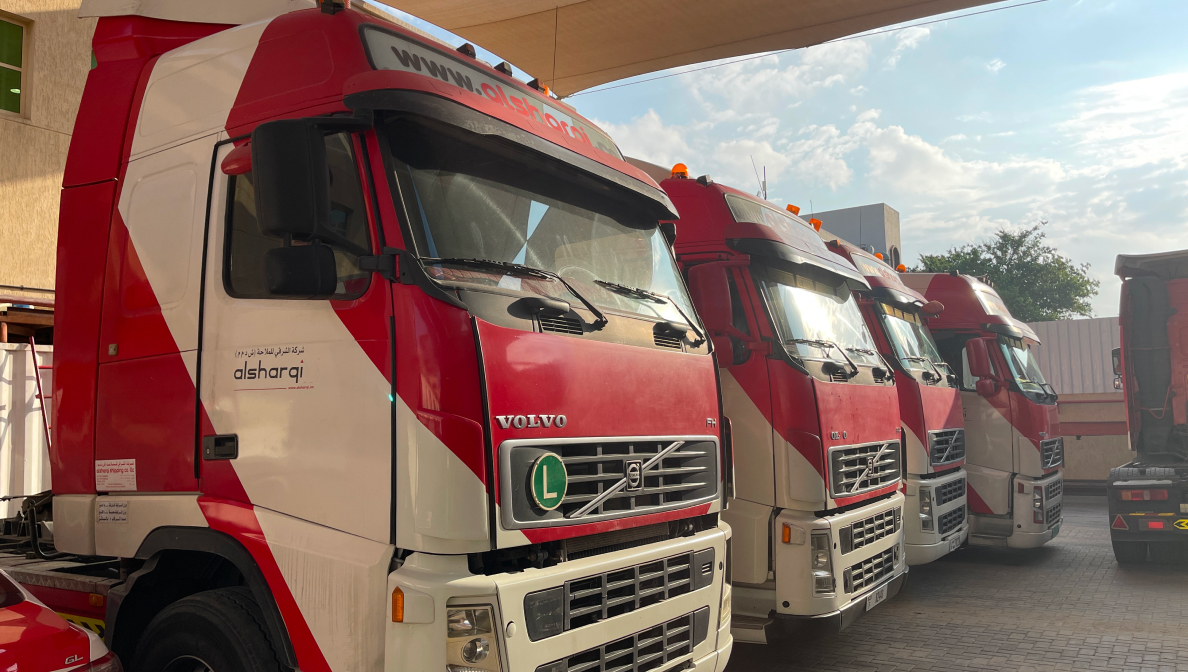Home » Services » Door to Door » Asia Pacific » Thailand » Local Solutions Thailand
Strengthening Trade Ties with Robust Logistics and Strategic Partnerships
UAE - Thailand
Local Solutions
Strengthening Thailand’s trade networks, Al Sharqi ensures reliable global connectivity to support the growth of its diverse industries.

Transport
Whether you need more warehouse space or more flexibility in your distribution & delivery network, we have the solution.

Warehouse
Whether you need more warehouse space or more flexibility in your distribution & delivery network, we have the solution.

Trade Solutions
Whether you need more warehouse space or more flexibility in your distribution & delivery network, we have the solution.
Frequently Asked Questions (FAQ)
What are the most common payment methods for trade between the UAE and Thailand?
The most commonly used payment methods include telegraphic transfers (TT), letters of credit (LCs), documentary collections, and bank guarantees. Digital payment solutions are also gaining popularity due to their efficiency and security.
How are currency exchange rates handled in transactions between the UAE and Thailand?
Transactions are often conducted in UAE Dirhams, Thai Baht, or US Dollars. Businesses are advised to monitor exchange rates closely and consider financial instruments like forward contracts to hedge against currency fluctuations.
What are the typical payment terms for import/export between the UAE and Thailand?
Payment terms typically range from 30 to 60 days credit. These terms can include advance payments or structured payments based on milestones, which help manage cash flow and reduce credit risk.
Are there specific regulations for importing goods into Thailand from the UAE?
Yes, Thailand has specific regulations that cover the import of goods such as food products, electronics, and pharmaceuticals. Importers need to ensure compliance with Thai FDA regulations, customs requirements, and obtain necessary permits.
What should exporters from the UAE know about exporting goods to Thailand?
Exporters should be aware of Thailand's import regulations, tariff structures, and labeling requirements. It's crucial to have all necessary documentation, such as export licenses, certificates of origin, and safety certificates, to ensure smooth customs clearance.
Related Articles
Anything you need, We’re here to Help

Chat With Us
Effortlessly schedule your next shipment with us for reliable and timely delivery.

Request a Quote
Receive a personalized shipping quote that meets your specific logistic needs.









